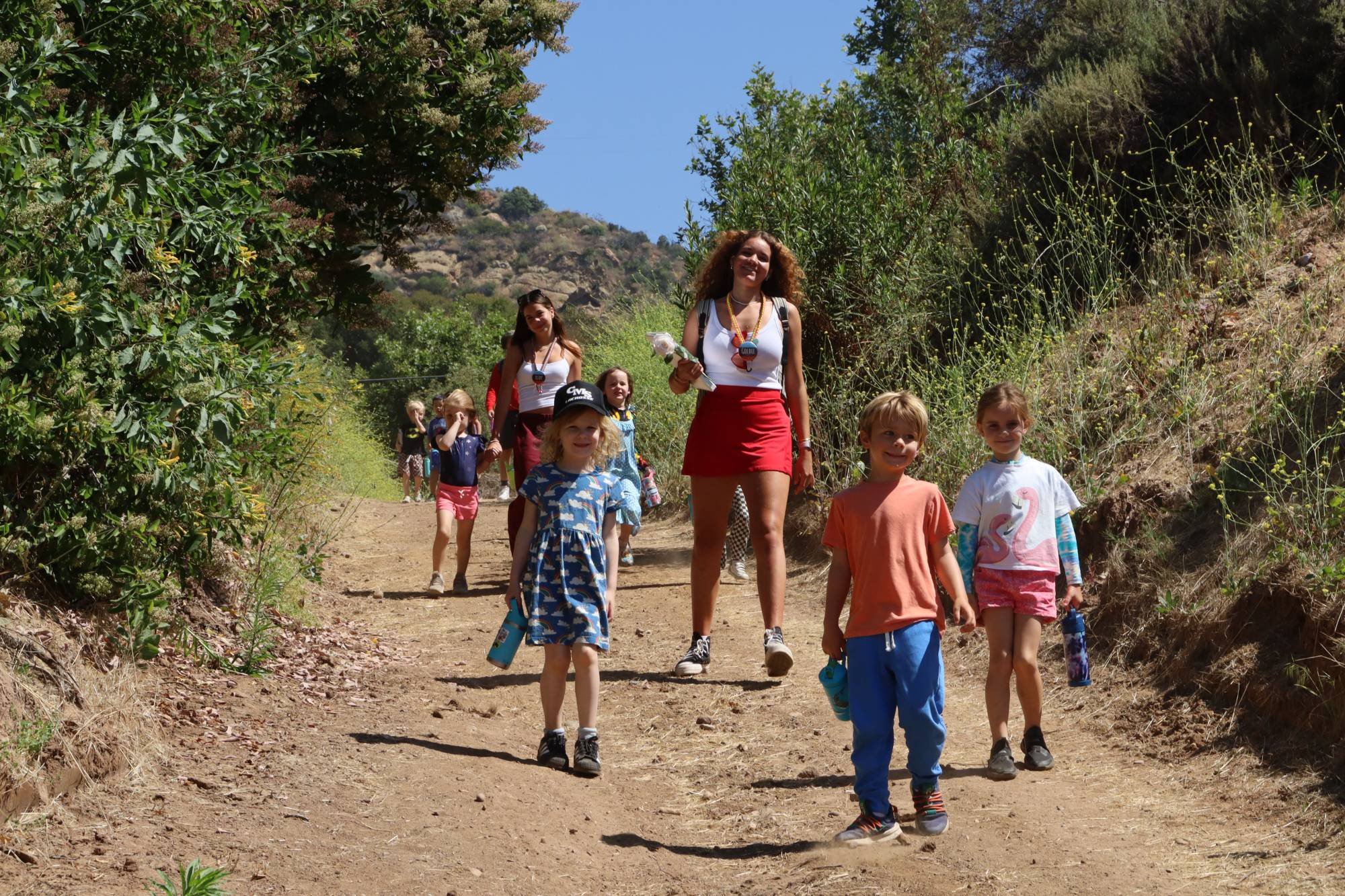Dishes, Laundry, and Sweeping—Oh My!
The Power of Chores for Children
By Kassandra “Blaze” Wilsey
As a mom of three, I know how tempting it can be to think, “It’ll just be easier if I do it myself.” Whether it’s folding laundry or sweeping the floor, letting kids help can feel like it takes twice as long—and sometimes, the results aren’t quite what we’d do ourselves.
But here’s the thing: chores are so much more than a to-do list. They’re a vital part of a child’s growth and confidence. At Cali Camp in Topanga Canyon, we see firsthand how giving kids responsibility empowers them. Whether they’re helping set up camp crafts, tidying their cabins, or feeding animals, children thrive when they feel capable and trusted.
Even toddlers can start simple tasks like matching socks or picking up toys. Each small act builds toward something bigger such as independence, pride, and lifelong skills.
Why Chores Matter for Kids
1. Building Responsibility and Accountability
Responsibility is one of the greatest gifts we can give our children.
When kids complete chores, they learn the cause and effect of their actions—if they forget to feed the pet, the bowl stays empty; if they clean their room, they enjoy a more peaceful space.
These early lessons in accountability foster self-reliance and discipline, traits that grow right alongside them.
At Cali Camp, kids practice this same kind of ownership—whether it’s keeping track of their backpack, caring for nature, or working as a team.
2. Encouraging Family Contribution
Chores help children see themselves as valuable members of the family.
Finishing a task (even a small one!) boosts their self-esteem and builds a sense of belonging.
When kids contribute, they learn that their actions have a positive impact on others—just like when campers pitch in to keep Cali Camp’s beautiful Topanga Canyon grounds tidy and welcoming.
Try this at home: Give your child a “family helper” title—like Laundry Leader, Table Setter, or Pet Care Captain—to make their contributions feel meaningful.
3. Teaching Lifelong Skills
Every household task helps prepare children for real life. Cooking teaches nutrition. Cleaning teaches hygiene. Yard work teaches respect for the environment.
These skills don’t just make kids more capable—they often spark new passions. A child who enjoys cooking might explore it further at camp, or one who loves nature might take an interest in environmental science later on.
At Cali Camp, we nurture this same growth through hands-on activities like outdoor exploration, gardening, and creative projects that encourage real-world learning beyond the screen.
4. Strengthening Bonds and Building Community
Doing chores together is more than teamwork—it’s connection.
When parents and children collaborate, they communicate, laugh, and share success. That’s how communities—and strong relationships—are built.
At Cali Camp, our campers work and play together daily, learning that cooperation, empathy, and shared responsibility make life more joyful for everyone.
The Big Picture: Raising Responsible, Confident Kids
Chores aren’t just about clean floors or folded towels—they’re about growth. They teach responsibility, encourage contribution, and help children feel capable of making a difference.
Assigning age-appropriate chores (even just a few!) can set the foundation for independence that lasts a lifetime.
For ideas, check out this helpful list of age-appropriate chores from the Child Development Institute — and remember, it’s okay if it’s not perfect. What matters is that they’re learning, trying, and growing.
Keep the Growth Going—Join Us at Cali Camp!
At Cali Camp, we take these same principles beyond the home. Through outdoor adventures, creative arts, and cooperative play, kids build confidence, resilience, and independence—all while having screen-free fun in nature.
Ready to help your child build lifelong skills—without the laundry?
👉 Explore Cali Camp Programs
👉 Register for the upcoming Summer
👉 Schedule a Tour of Our Topanga Canyon Day Camp

